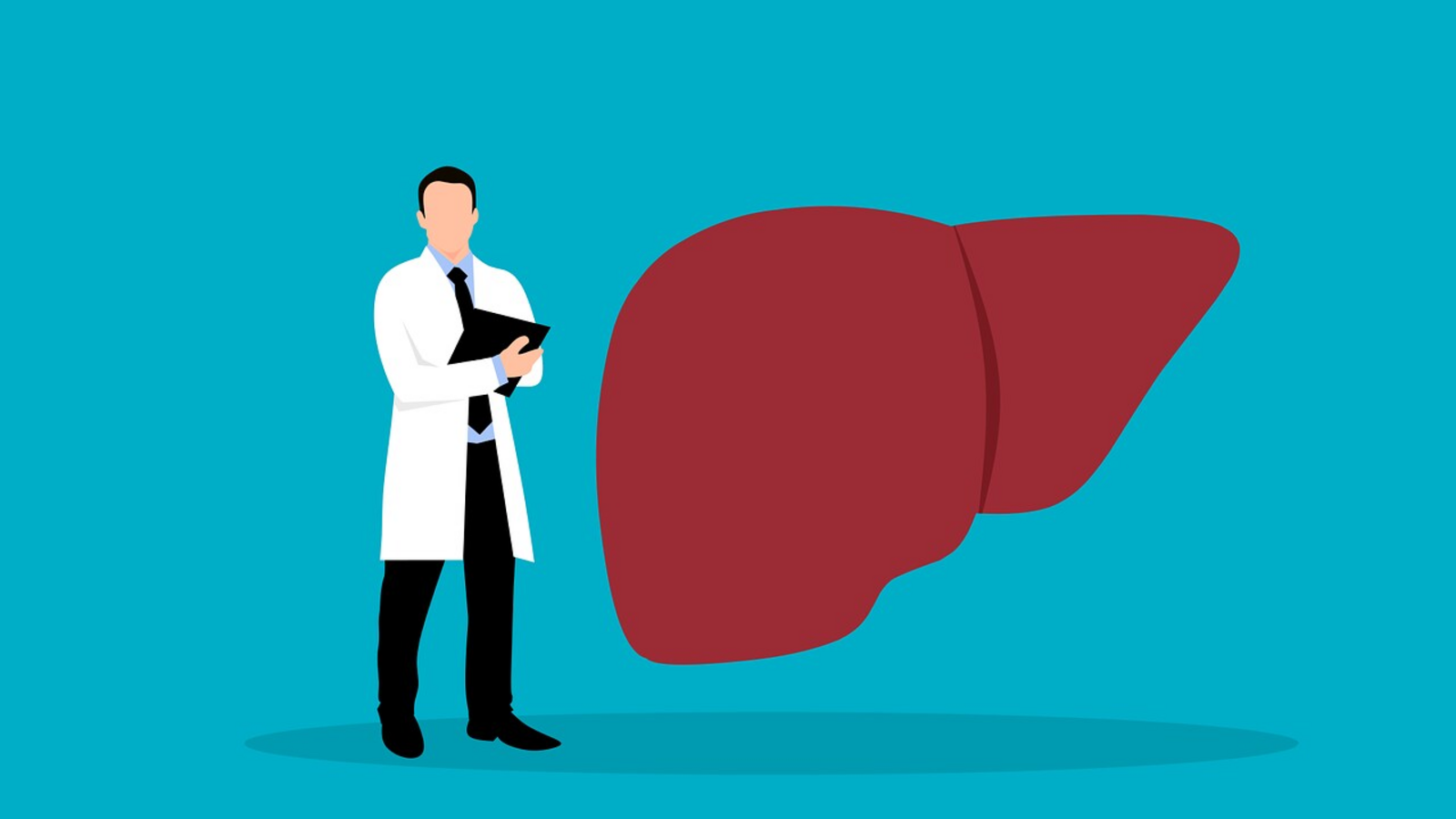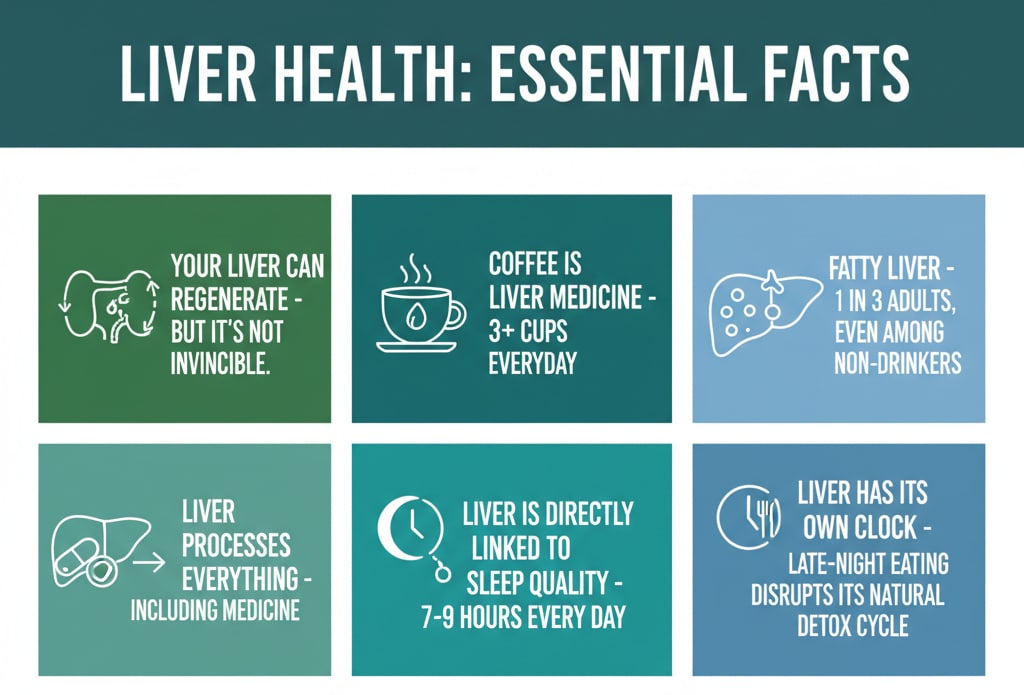
AIIMS-trained gastroenterologist says eating and sleeping late at night affects liver function; 9 things to know
Your liver works quietly around the clock, processing everything you eat and drink throughout the day. While it has an incredible ability to regenerate, everyday habits – from poor sleep and late-night meals to exposure to toxins – can add strain over time. Taking care of this vital organ is essential for long-term health, and understanding how it functions can help you make smarter choices.
Dr Saurabh Sethi, a gastroenterologist trained at AIIMS, Harvard and Stanford Universities, is breaking down nine essential facts you need to know about your liver.
In an Instagram post shared on October 19, the gastroenterologist explains that while the liver has the incredible power to regenerate, habits like poor sleep, late-night eating, and exposure to toxins can compromise its efficiency over time.
Your liver can regenerate
According to Dr Sethi, the liver can regenerate damaged cells, but that does not make it invincible. He explains, “It’s not invincible, and it can regrow damaged cells, but chronic injury leads to scarring that can’t be reversed.”
Coffee is liver medicine
Dr Sethi states that coffee isn’t just a morning pick-me-up or a fix for the afternoon slump – it can actually act as medicine for the liver. He states, “Three plus cups daily (is) linked to 40 percent lower risk of cirrhosis and liver cancer. Just skip the sugar and cream.” He also cautions that individual caffeine sensitivity varies, and excessive coffee intake may cause insomnia, palpitations, or anxiety.
Fatty liver
The gastroenterologist highlights that cases of fatty liver are more common than you think, even among non-drinkers. He states, “Fatty liver affects one in three adults, even non-drinkers. Nonalcoholic fatty liver disease (NAFLD) is skyrocketing and often remains silent until serious damage.”
Liver processes everything
Dr Sethi warns that everything you swallow is processed by the liver, including your medications. He stresses, “Over-the-counter painkillers like acetaminophen in high doses can cause deadly liver damage. Always confirm the correct dosage with your doctor.”
Liver and sleep
Your sleep quality is directly linked to liver repair. The gastroenterologist explains that poor sleep can disrupt liver metabolism, hampering the organ’s ability to clear toxins effectively. He recommends getting seven to nine hours of sleep every day, without compromise.
The liver clock
According to Dr Sethi, your liver has its own clock, and hence the circadian rhythm matters. He highlights, “Eating late at night stresses your liver’s natural detox cycle, increasing fat accumulation.”

Hidden liver killers
Common household chemicals, including cleaning products, pesticides, and even some cosmetics contain toxins that the liver must filter, adding extra strain to the organ. The gastroenterologist recommends opting for natural alternatives instead.
Supplements
The gastroenterologist warns that supplements are not always safe for the liver. He explains, “Some herbal supplements and high-dose vitamins can cause liver inflammation or damage. Always check with your doctor.”
The role of hydration
Dr Sethi stresses that hydration supports liver detoxification. He recommends drinking at least two to three litres of water every day because drinking enough water helps the liver flush out toxins efficiently.
Note to readers: This article is for informational purposes only and not a substitute for professional medical advice. It is based on user-generated content from social media. HT.com has not independently verified the claims and does not endorse them.
First Appeared on
Source link






